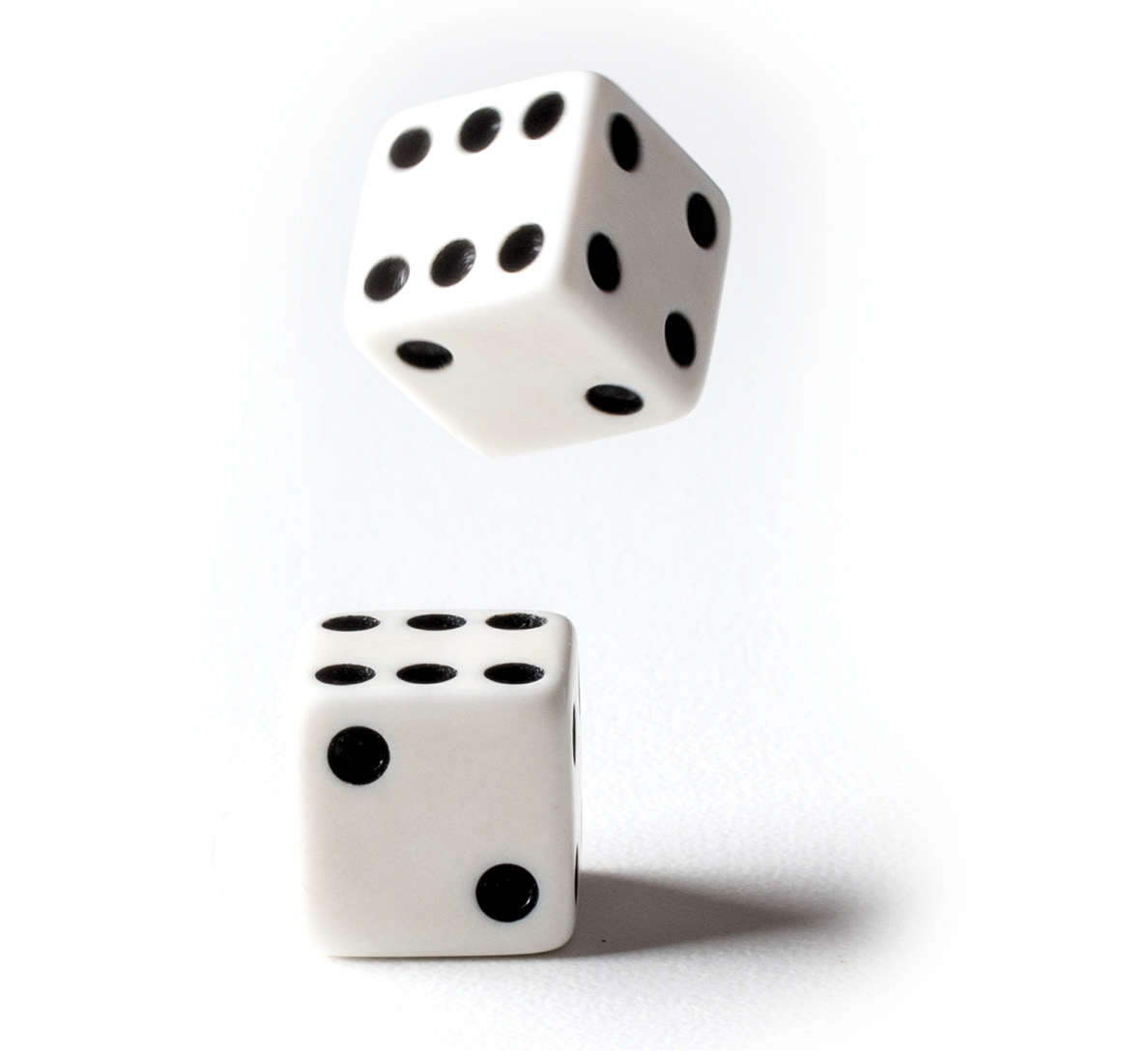The Never-Ending Game

Economic Justice, part 1 of 2
By Kourtney Schott ('18)
We each drew cards describing our particular socioeconomic circumstance. I peeked cautiously at mine, breathing a sigh of relief when I saw the words “collect $50."
The young man to my left wasn’t so lucky. “Pay $200 for car repairs”? he groaned, then unwillingly forked over the appropriate colored paper to the “repairman.”
One party lost, the other won. For us, it was a game – a simple exercise known as a poverty simulation. At Gonzaga, students on service outreach excursions and in a variety of academic areas undergo the experiment within classrooms. No matter the environment, the outcome is the same: We know that beyond our gathering, real people struggle to deal with the components of a “game” that they had not chosen to play, and which they could not walk away from after just a couple of hours.
During my alternative spring break in the Greater Atlanta area with international accounting firm Deloitte, partners at United Way grouped participants according to specific community concerns, such as education, income, health and homelessness. Our poverty simulation, engineered to mirror the lifestyles of those struggling with financial insecurities, represented one full month of challenges and budgeting. Within our family units, each member had an identity and specific financial needs and contributions.
Around the room were community resources – places we could go to secure child care or school placement, find work, pay bills and buy groceries. We could visit with social services and other community agencies, cash checks or acquire bank loans. Naturally, there were also unforeseen circumstances that would require us to navigate with what little resources we may have had.
As the “weeks” frantically ticked by, my “family” barely stayed afloat. While my story required that I go to school, other members of my family struggled to buy food, keep the bills paid and receive governmental aid.
Eventually time wound down and our alternate universes disappeared just as quickly as they were created. We acknowledged that it was – almost – fun, like a giant version of the game of Life, complete with pretend money. On the other hand, we realized that we could all walk away. That would not be reality for the people we would be interacting with during our week in Atlanta.
For me, the poverty simulation seamlessly connected to Gonzaga’s commitment to developing men and women for and with others. We all understand the “for” part of this statement – everyone should give back to their communities. But sometimes the “with” part is lost. A poverty simulation gave me a springboard to practice being a woman “with” others, understanding feelings and offering partnerships.
Poverty is a universal injustice. Low-income families fall into a cycle that, more often than not, continues through the generations. By doing our part to understand, we can hopefully put a stop to the never-ending game.
Part 2 of 2: Economic Justice - Business Ethics
Part 2 of 2: Economic Justice - Business Ethics
Here's a story about a student who knows all too well what homelessness is like:
Rick Clark, Giving Back Packs

